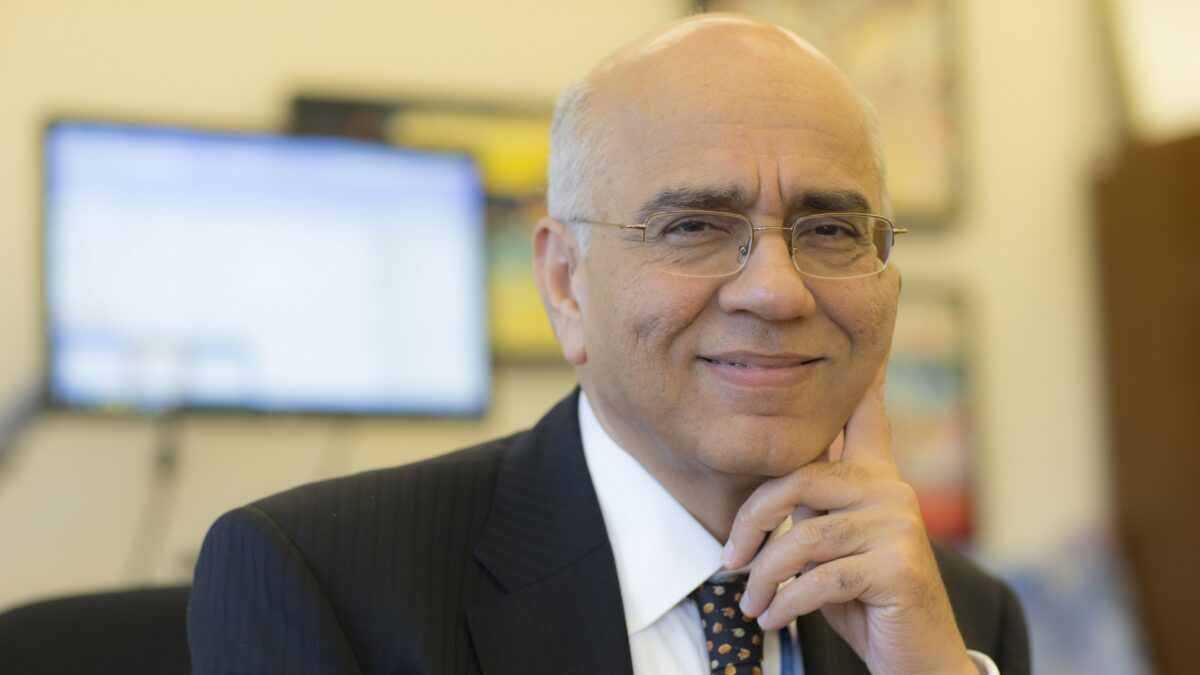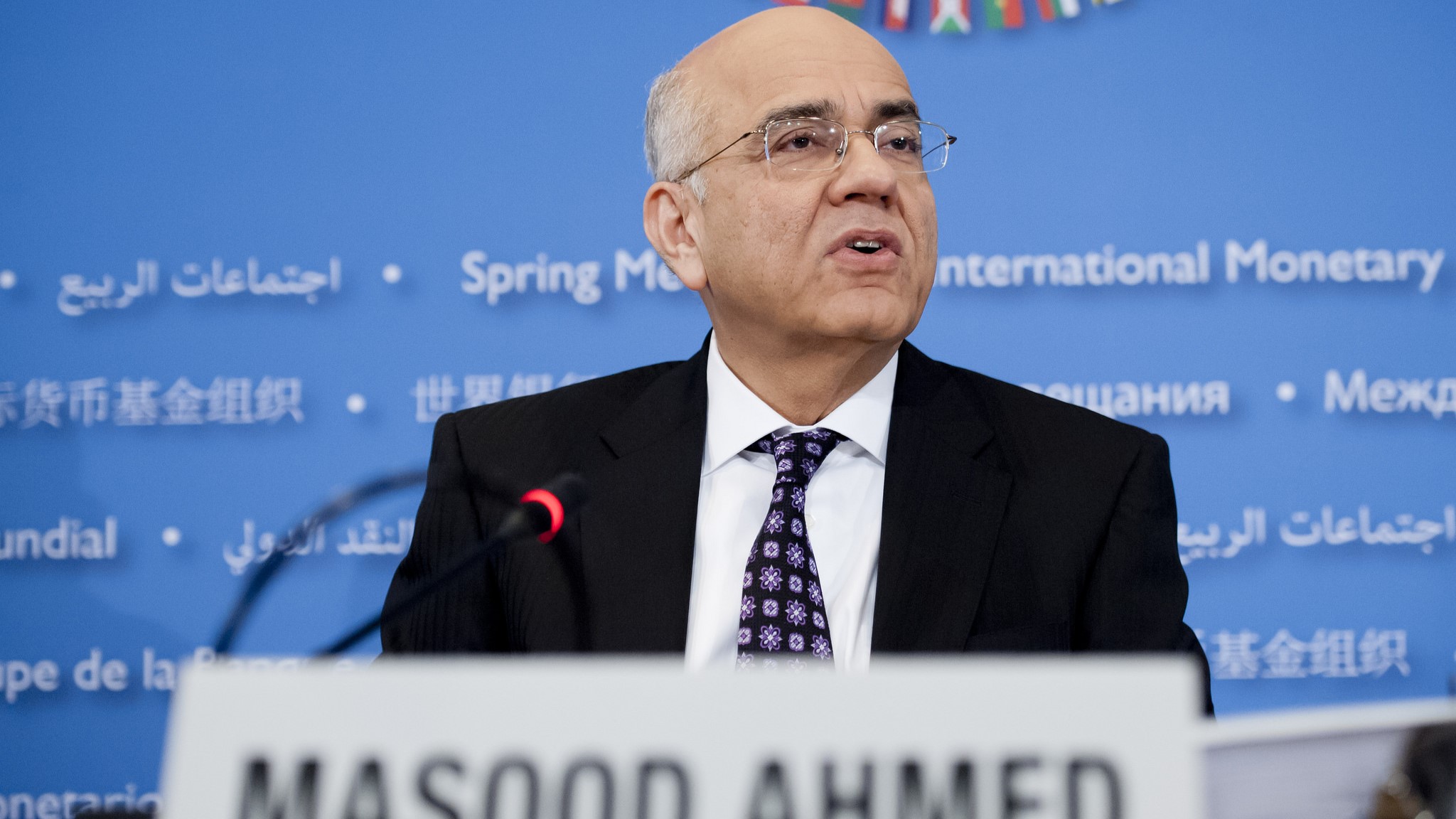Dubai, UAE – The latest technologies might hold the key to bridging the widening economic gap between the North and the rest of the world, according to Masood Ahmed, the President of the Center for Global Development.
In an interview with TRENDS, Ahmed expressed deep concern about the growing disparity between the North and the South.
“After many years of the South progressively catching up with the richer countries in the North, this convergence has stalled due to shocks like COVID, the war in Ukraine, and rising food and energy prices,” he explained.
He emphasized that these challenges have not only made achieving development outcomes more difficult but have also been compounded by geopolitics, which at times obstructs effective decision-making.
Ahmed also shed light on another alarming trend: the increasing gap between the rich and the poor within numerous countries. “This disparity is evident not just on an international scale but also domestically in many nations of the global south,” he said.

While discussing the potential of technology to mitigate these challenges, Ahmed offered a balanced view. “While technology can be a part of the solution in some respects, it can also intensify the problem in others. The overall impact of new technologies on either narrowing or widening the gap is still uncertain,” he stated.
Regarding geopolitics, Ahmed said the current global political environment is not favorable for development. “Addressing many of the challenges we face today, whether it’s climate change, high debt in impoverished countries, or pandemics, demands collective action from the world’s major economies. However, the prevailing geopolitics complicates such collaboration,” he added.
About whether the world is transitioning into an era of de-globalization, Ahmed emphasized while globalization persists, it may not be as intense as in the past.
“We might witness a more measured and varied form of globalization across different sectors. In certain scenarios, regional solutions might be more appropriate, adding layers of complexity for countries and companies to navigate,” he told TRENDS on the sidelines of the recently concluded meeting of the Global Future Councils in Dubai.
The Global Future Councils underscore the strategic partnership between the UAE government and the World Economic Forum (WEF). They see participation from around 600 leaders and officials spanning government, private sectors, international organizations, and academic institutions, including renowned experts and futurists.
These councils are dedicated to crafting visions for the future, addressing global challenges across various domains such as the economy, technology, geopolitical shifts, infrastructure, health, society, the Fourth Industrial Revolution, artificial intelligence, environmental and climate concerns, governance, and more









